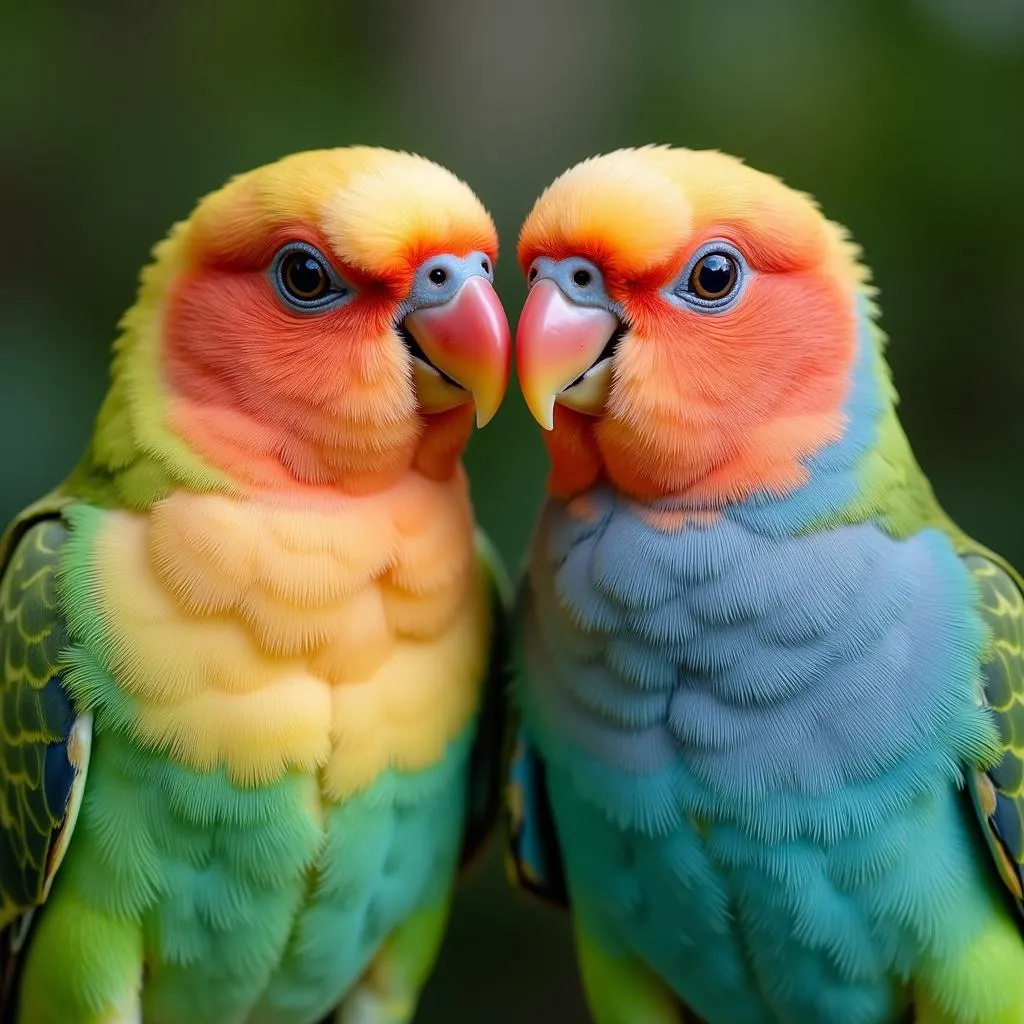Exploring the Rich Tapestry of African Heritage Collections
African Heritage Collections offer a captivating journey through the continent’s diverse cultures, traditions, and artistic brilliance. These collections, encompassing a vast array of artifacts, textiles, music, and oral histories, provide invaluable insights into the historical narratives, social structures, and creative spirit of African societies.
Unmasking the Significance: What Constitutes an African Heritage Collection?
African heritage collections are more than just objects gathered from a specific geographic location. They represent a tangible link to the past, preserving cultural memory and offering a window into the lives, beliefs, and values of previous generations. These collections can encompass a broad spectrum of items, each carrying its own unique significance:
- Traditional Art and Artifacts: Intricately carved masks, ceremonial objects, pottery, and sculptures reflect the artistic ingenuity and spiritual beliefs of various ethnic groups. These pieces often served ritualistic purposes, connecting communities to their ancestors and embodying their cultural identity.
- Textiles and Adornments: From vibrantly patterned Kente cloth from Ghana to the intricate beadwork of the Maasai people, textiles and adornments served both functional and symbolic purposes, signifying social status, age, and cultural affiliation.
- Music and Oral Histories: The rhythmic beats of the djembe drum, the soulful melodies of traditional songs, and the captivating narratives passed down through generations all form an integral part of African heritage. These art forms transmit history, values, and knowledge, ensuring cultural continuity.
- Historical Documents and Photographs: Archival materials, including letters, diaries, maps, and photographs, provide invaluable documentation of African history from pre-colonial times to the present day.
The Power of Preservation: Why African Heritage Collections Matter
African heritage collections play a crucial role in:
- Promoting Cultural Understanding: These collections foster cross-cultural dialogue, breaking down stereotypes and promoting appreciation for the richness and diversity of African cultures.
- Preserving History and Identity: They serve as a testament to the resilience and creativity of African people, safeguarding their history from erasure and ensuring its transmission to future generations.
- Inspiring Artistic Expression: African art and traditions have long been a source of inspiration for artists worldwide. These collections continue to spark creativity and innovation in various fields, from fashion to music to contemporary art.
- Supporting Education and Research: They provide invaluable resources for scholars, researchers, and students, enabling a deeper understanding of African history, art, and culture.
Beyond the Display Case: Engaging with African Heritage Collections Today
Museums and institutions worldwide are exploring innovative ways to make African heritage collections more accessible and engaging:
- Interactive Exhibits: Utilizing technology and multimedia elements to create immersive experiences that bring African history and culture to life.
- Community Collaborations: Partnering with African diaspora communities to curate exhibitions, develop educational programs, and ensure that the representation of African cultures is authentic and respectful.
- Repatriation Efforts: Increasingly, museums are addressing the ethical complexities surrounding the acquisition and ownership of African artifacts. Repatriation efforts aim to return cultural objects to their countries of origin, acknowledging their rightful ownership and cultural significance.
A Legacy to Cherish: The Enduring Importance of African Heritage Collections
African heritage collections offer a profound connection to the continent’s rich past, vibrant present, and promising future. They serve as a testament to the resilience, creativity, and cultural wealth of Africa, inviting us to appreciate the diversity of human experience and to celebrate the enduring legacy of African cultures worldwide. By engaging with these collections responsibly and respectfully, we contribute to the ongoing dialogue, understanding, and appreciation of African heritage for generations to come.

